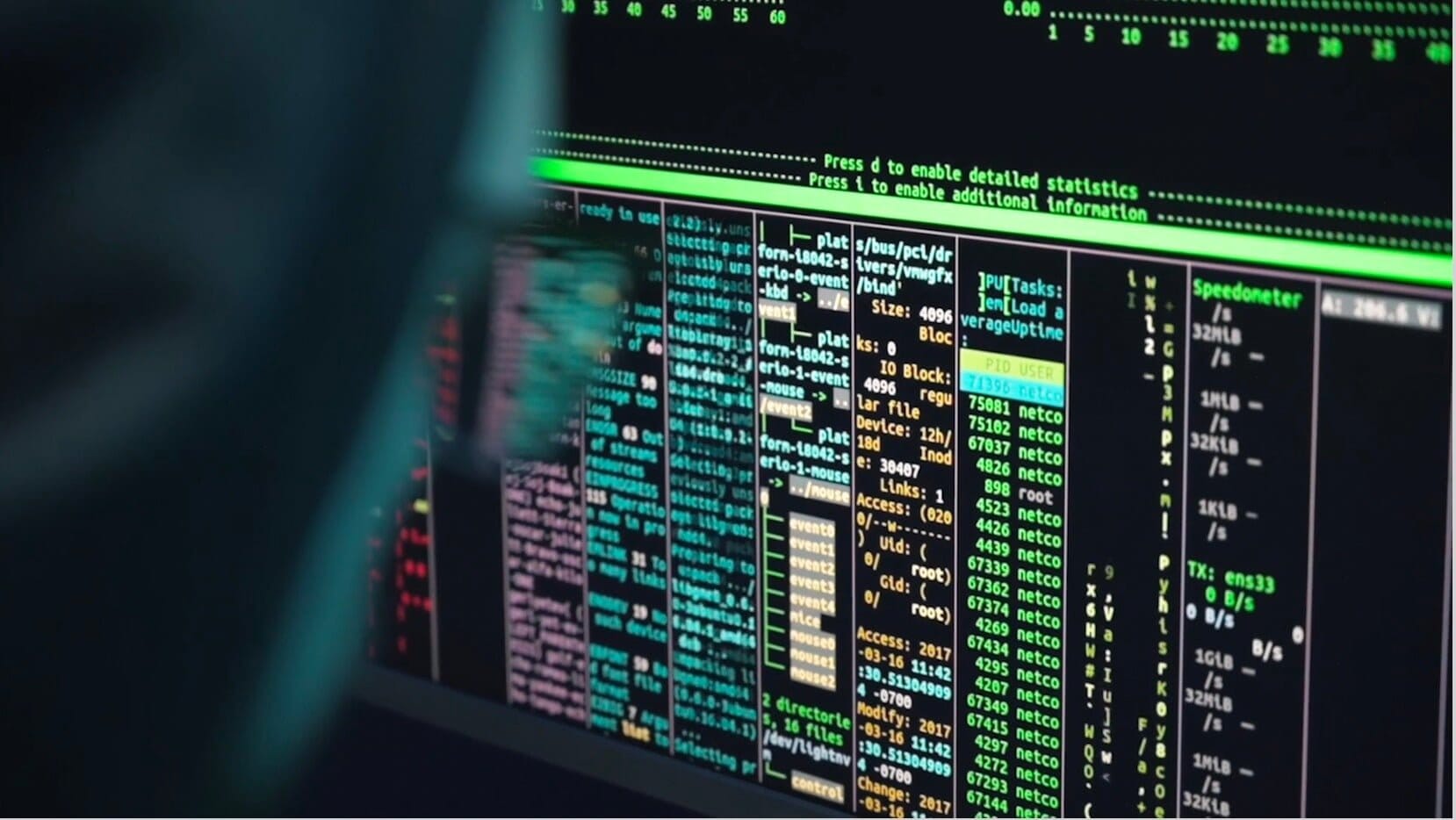Building AI Talent Hubs to Foster Growth and Innovation

Building AI Talent Hubs to Foster Growth and Innovation
The rise of artificial intelligence (AI) has reshaped industries, creating unprecedented opportunities for growth and innovation. To fully harness these benefits, developing specialized environments known as AI talent hubs is critical. These hubs aim to attract, nurture, and retain top AI professionals while fostering a culture of continuous learning and experimentation. This blog post explores how building AI talent hubs can catalyze sustainable tech ecosystems, support regional technology growth centers, and help develop effective AI workforce strategies.
Introduction
The transformational impact of artificial intelligence is evident across various sectors—healthcare, finance, manufacturing, and beyond. However, realizing the full potential of AI requires more than just cutting-edge technology; it demands a skilled workforce capable of driving innovation. This underscores the importance of creating AI talent hubs as centers of excellence where expertise can flourish.
In this article, we delve into how these hubs contribute to fostering innovation in tech and discuss strategies for building sustainable tech ecosystems. We’ll also highlight successful models like Silicon Valley and initiatives such as those by Microsoft Research and the European Commission, pivotal in shaping regional technology growth centers.
The Role of AI Talent Hubs
Creating Environments that Support Skilled Professionals
AI talent hubs serve as breeding grounds for innovation by providing environments where skilled professionals can thrive. These hubs typically offer state-of-the-art facilities, access to leading-edge technologies, and an intellectually stimulating atmosphere. By clustering resources and expertise in one location, they create environments that support the development of skilled AI professionals.
Strategies for Attracting and Retaining Top Talent
To attract top talent in artificial intelligence sectors, AI talent hubs provide competitive benefits, continuous learning opportunities, flexible work arrangements, and a dynamic work culture that promotes creativity and inclusivity. These strategies are essential for retaining skilled professionals within these hubs. Additionally, fostering partnerships with universities and research institutions can help create a pipeline of emerging talents eager to join these innovative environments.
Building Sustainable Tech Ecosystems
AI talent hubs play a crucial role in building sustainable tech ecosystems by fostering collaboration between industry leaders, academia, and government bodies. This synergy accelerates technological advancements and economic growth, creating a ripple effect that benefits the entire region.
Developing AI Workforce Strategies
A key component of building sustainable tech ecosystems is developing effective AI workforce strategies. These strategies focus on aligning educational programs with industry needs, offering reskilling opportunities for existing professionals, and encouraging diversity within the AI field to ensure a wide range of perspectives and ideas. Initiatives like apprenticeships and internships in collaboration with local universities can provide hands-on experience, bridging the gap between academia and industry.
Regional Technology Growth Centers
Regional technology growth centers are vital in driving economic development and innovation at the local level. By focusing on specialized industries like AI, these centers attract investment, create job opportunities, and stimulate technological advancement.
Case Studies: Silicon Valley and Beyond
Silicon Valley is a prime example of a successful regional technology growth center, known for its vibrant tech ecosystem and culture of innovation. Similarly, initiatives by the European Commission aim to replicate this success across Europe, promoting collaboration and investment in AI talent hubs throughout the continent. For instance, the establishment of the Digital Innovation Hubs (DIHs) under the European Union’s Horizon 2020 program showcases a commitment to fostering innovation at regional levels.
Moreover, emerging tech regions like Bengaluru in India, Tel Aviv in Israel, and Shenzhen in China have become notable for their contributions to AI development. These cities demonstrate how creating a supportive ecosystem can transform a region into a global technology hub.
Collaborative Efforts: Microsoft Research and Global Initiatives
Microsoft Research exemplifies how global collaboration can enhance the effectiveness of AI talent hubs. By partnering with universities, startups, and research institutions worldwide, Microsoft fosters an open exchange of ideas and resources that accelerates innovation in AI technologies. Their commitment to ethical AI development ensures that advancements benefit society as a whole while addressing critical challenges like bias and fairness.
Additionally, initiatives such as the Global Technology Council, which brings together leaders from different tech hubs globally, facilitate discussions on best practices, policy-making, and collaborative projects. These efforts underscore the importance of international cooperation in advancing AI technologies and ensuring they are deployed responsibly across diverse contexts.
Overcoming Challenges in Building AI Talent Hubs
Creating successful AI talent hubs is not without challenges. Issues such as skill shortages, infrastructure deficits, regulatory hurdles, and cultural barriers can impede progress. Addressing these requires a multi-faceted approach:
- Skill Development: Enhancing STEM education at all levels, coupled with vocational training programs focused on emerging technologies, ensures a steady flow of skilled professionals into the workforce.
- Infrastructure Investment: Governments and private sectors must collaborate to develop robust digital infrastructure that supports AI research and development activities.
- Regulatory Frameworks: Establishing clear guidelines for data usage, privacy protection, and ethical standards in AI development helps build trust among stakeholders and encourages investment.
- Cultural Inclusivity: Promoting diversity within tech teams enhances creativity and innovation by bringing different perspectives to problem-solving processes.
The Future of AI Talent Hubs
Looking ahead, the evolution of AI talent hubs will likely be characterized by increased specialization and collaboration. As AI technologies become more sophisticated, there will be a growing need for niche skills in areas like quantum computing, machine learning interpretability, and human-AI interaction design.
Moreover, remote work trends accelerated by global events such as the COVID-19 pandemic may redefine traditional talent hub models. Virtual hubs could emerge, leveraging digital platforms to connect geographically dispersed experts, fostering innovation without the constraints of physical proximity.
Conclusion
Building AI talent hubs is a critical endeavor for harnessing the full potential of artificial intelligence and driving sustained technological progress. By creating environments that support skilled professionals, attracting top talent through strategic initiatives, and fostering collaboration across sectors, these hubs can catalyze sustainable tech ecosystems and regional economic growth.
As we look to the future, embracing innovation while addressing challenges head-on will be essential in shaping a world where AI technologies benefit all of society. Through collective efforts from governments, educational institutions, private enterprises, and global organizations, we can create thriving environments that nurture talent and drive groundbreaking advancements in AI.
Frequently Asked Questions
1. What are AI Talent Hubs?
AI talent hubs are specialized centers designed to attract, develop, and retain top professionals in the field of artificial intelligence. They provide state-of-the-art resources, foster collaboration among various stakeholders, and create a conducive environment for innovation and research.
2. Why are AI talent hubs important?
They play a critical role in fostering innovation by creating ecosystems where top talent can thrive. These hubs contribute to technological advancements, economic growth, and regional development by attracting investment and skilled professionals.
3. How do AI talent hubs attract top talent?
By offering competitive benefits, access to cutting-edge technology, continuous learning opportunities, flexible work arrangements, and a dynamic work culture that promotes creativity and inclusivity. Partnerships with educational institutions further enhance their attractiveness.
4. What role does education play in developing an AI workforce?
Education is crucial for building a skilled AI workforce. Aligning educational curricula with industry needs, along with offering reskilling programs, ensures professionals are equipped with relevant skills. Initiatives like apprenticeships and internships provide practical experience.
5. How can regional technology growth centers benefit local economies?
These centers create job opportunities, stimulate economic development, and reduce brain drain by retaining top talent locally. They also encourage innovation and technological advancement in the region, attracting further investment.

